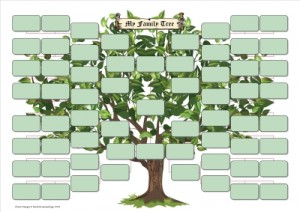NO WILL AND NO OBVIOUS HEIRS? NOW WHAT?
Contrary to popular belief, the government does not automatically take the assets of a person who dies without a will leaving no spouse or children to inherit. The Succession Law Reform Act provides for parents, siblings, nieces and nephews to inherit if no spouse or children survived the deceased. Even if a person dies leaving no parents, siblings, nieces, or nephews, the government would not be next in line for a deceased’s assets.
The Succession Law Reform Act provides for such a situation by directing that property is to be distributed among the deceased’s blood relatives. The government uses Tables of Consanguinity to measure the degree of relationships between individuals and rank relationships in order of distance from the deceased person. This method can result in a cousin, grandparent, aunt or uncle inheriting a deceased person’s assets should they die without a will; whichever relative is ranked the closest to the deceased in the Table of Consanguinity and is alive at the time of the deceased’s death inherits equally with any others of an equal degree of closeness to the deceased.
Only if a deceased person has no children, spouse, parents, siblings, nieces, nephews, or next of kin as determined by a Table of Consanguinity does the Crown take that person’s assets in totality in a situation where a person dies without a will.
CONTACT US
Feel free to contact us at any point for assistance or advice with respect to Estate Law, Estate Planning, Estate Administration or Estate Litigation. We may be reached at 705-435-4339 / 1-877-85LEGAL (1-877-855-3425) or contact us via email.


